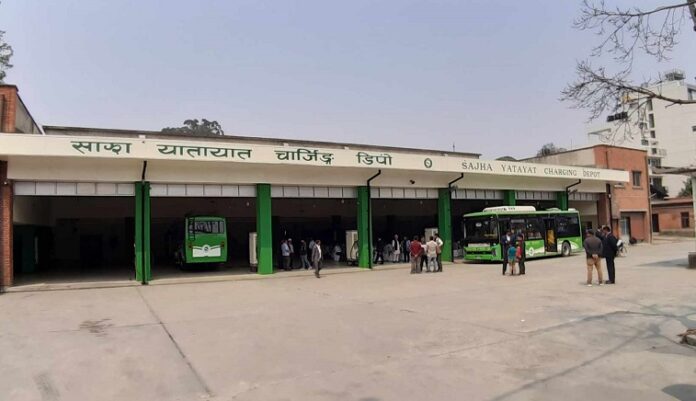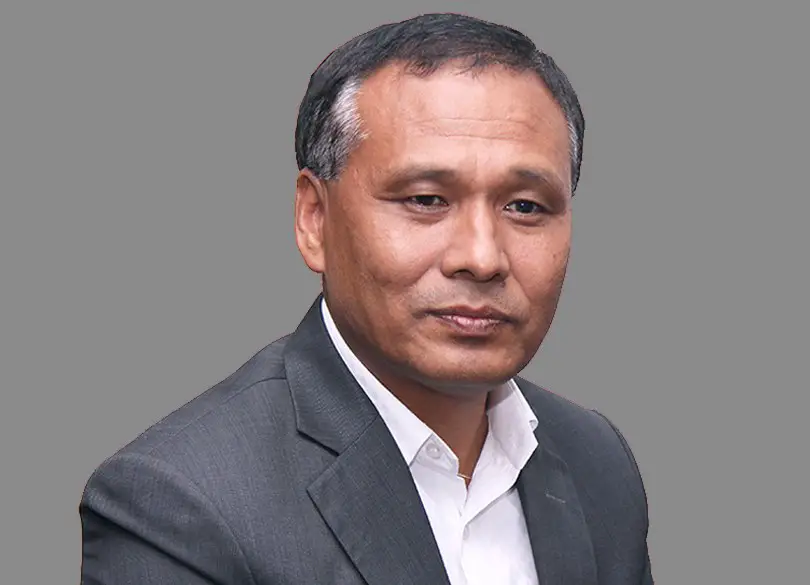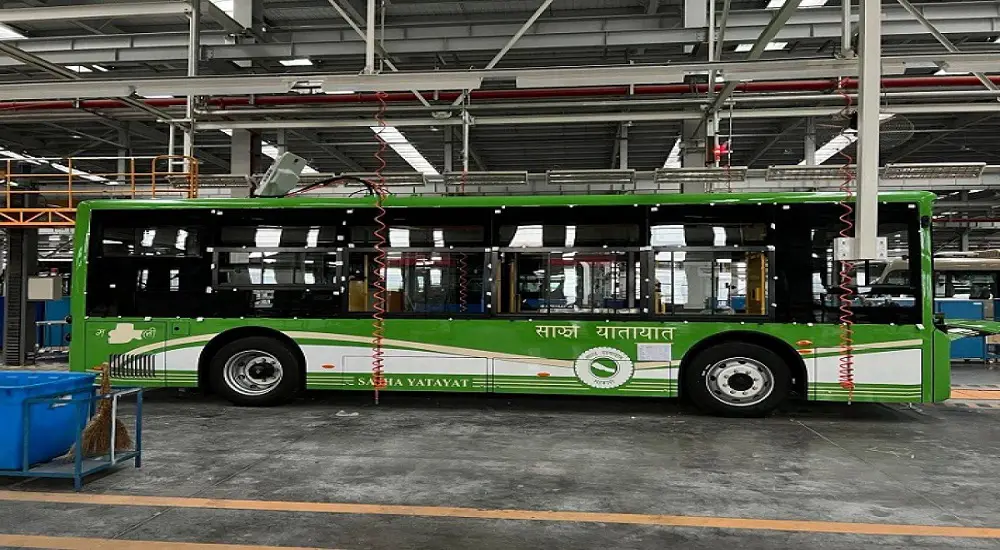Sajha Yatayat Cooperative Ltd. has brought into operation Nepal’s largest EV charging depo in Pulchowk, Lalitpur from Tuesday, April 11. Up to 22 electric buses can be charged concurrently at the depo.
Sajha has 11 depo with electric chargers in Lalitpur. The charging depo was officially inaugurated by the Deputy PM and Physical Infrastructure and Transport Minister Raghubir Mahaseth. Also, the event chanced to launch its 40 electric buses into operation.
At the depo, each charger is equipped with a GBT charging port with 88 kWh capacity. To address its power need, 4 transformers of 1100kW have been installed.
Speaking at the inaugural ceremony, the deputy PM and Physical Infrastructure minister Mahaseth stressed that electric busses are the new priority for a more organized and convenient mode of transport.
Check out: Best Electric Cars Price in Nepal | Latest 2024 Update
Kulman Ghising is happy with the increasing number of charging stations
Similarly, Nepal Electricity Authority (NEA) executive director Kulman Ghising said that initially there was a lack of space for the construction of charging stations, but now the construction of charging stations has gained pace across the country. Ghising expressed his delight at the speed at which charging stations are set up across Nepal.
Common Transport has divided the investment received from the Government of Nepal for the electrification of public transport into three parts and purchased 40 buses at the expense of the first part. These electric buses will be operated on different routes in the valley.
Also recommended: Major success in hydrogen technology in Nepal: KU sets up a hydrogen filling station and fuels up a car
More EV charging stations propping the eco-friendly transport
Initially, the very lack of charging stations proved a stumbling block to expanding EV busses expansion. However, Sajha Yatayat Chairman Kanak Mani Dixit says that now, that issue has been largely eased off. Due to this, he expressed hope that the electric bus service will now operate smoothly.
Sajha had started an initiative for the conversion of diesel buses into EVs. Dikshit says that the project has been a success and now, there’s a plan to conduct a workshop on transport operation.
Sajha buses are served for commercial public transport as well as free transport services on special occasions. These buses feature CCTV and GPS tracking, and digital display. They are friendly for the physically impaired too.
Sajha now has a total of 111 buses out of which, 71 are fuel-powered, while the 40 buses are EVs manufactured by CHTC in China. They serve inside Kathmandu Baglung and Belahiya out of the valley.





